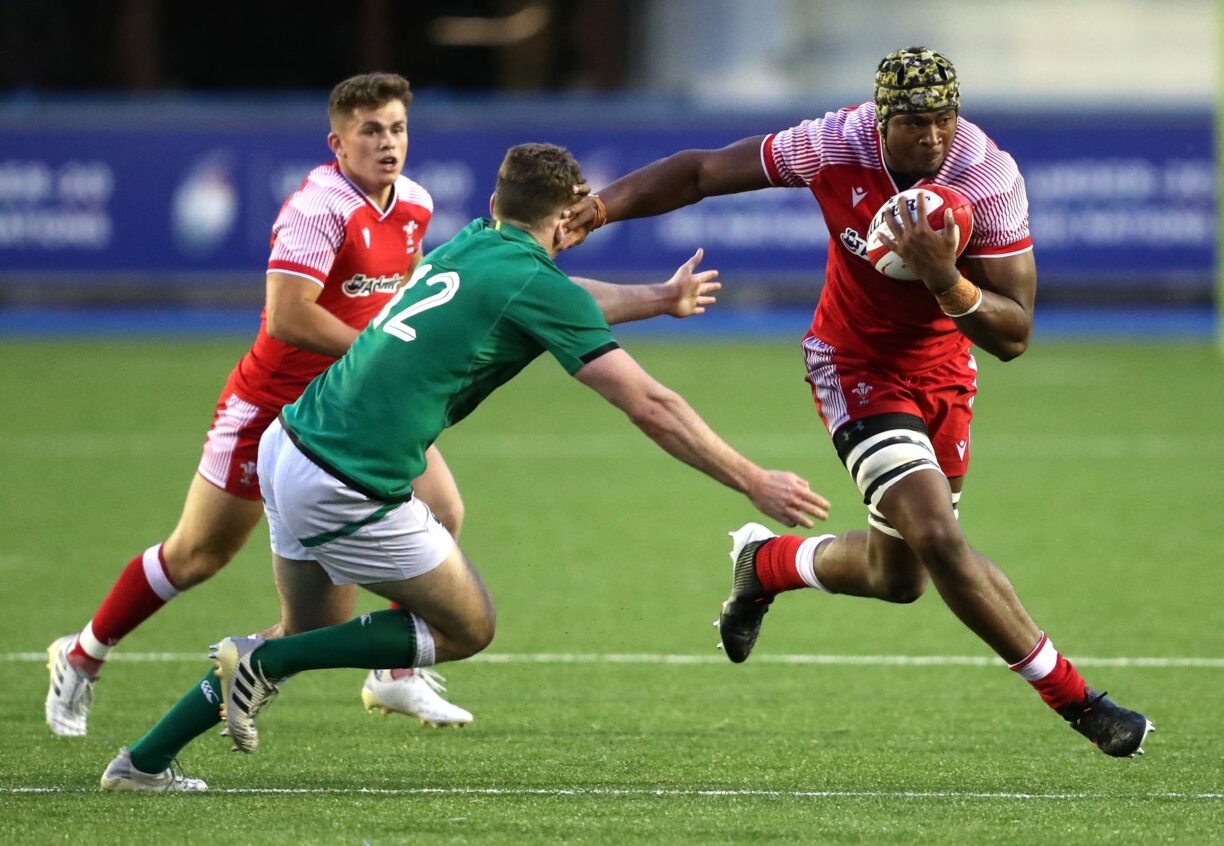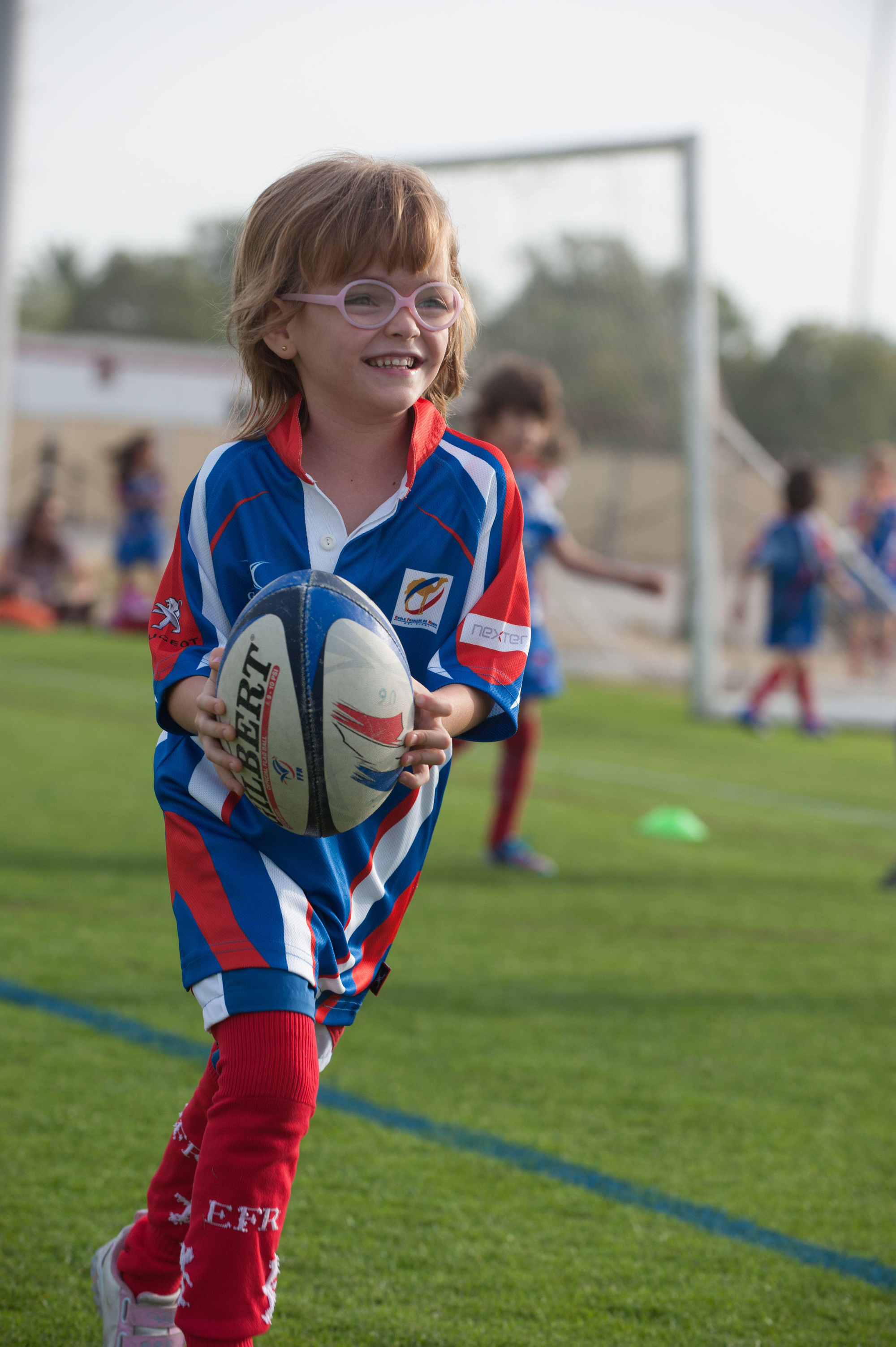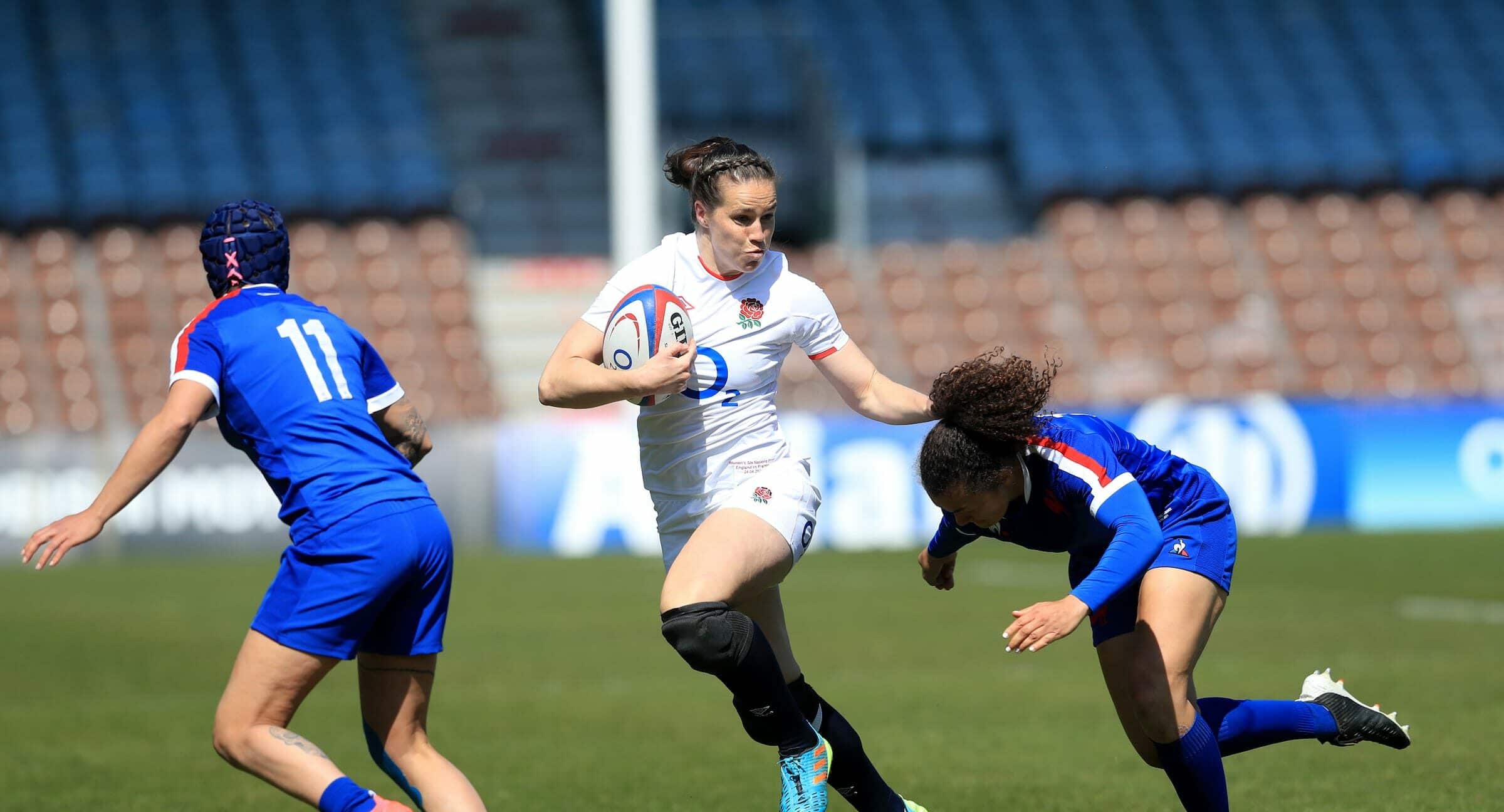
With the Six Nations Championship kicking off once again, fans have got lots of high-octane viewing action to look forward to over the next six weeks, as Wales seek to defend their title against the onslaught of England, France, Ireland, Italy and Scotland.
“It’s almost like going to war with somebody,” says England International, Harlequins player and founder of sports recovery brand MyoMaster, Joe Gray, of the pro rugby experience.
“There’s nothing quite like getting ready to go into a battle against some monstrous human beings on the other team.”
But you don’t have to be competing at the highest level to reap the rewards of the fast-paced sport. Ahead of the opening Six Nations match between Ireland and Wales, we ask a pair of players to talk us through all the ways rugby can improve your body and your brain…
Strength and speed
“Rugby is one of the most, what I would call, complete sports,” says former semi-professional rugby player, personal trainer and movement specialist Tom Cuff-Burnett. “Because you need speed, strength and power.”
Anyone who decides to take up the sport recreationally can expect to see a huge uptick in cardiovascular endurance, he says, especially if you’re taking part in full 80-minutes matches.
Plus, there’s “a lot of twisting and turning, multidirectional stuff in rugby. So, in terms of your overall stability and balance, it contributes every facet of physical competency”.
And you don’t need a huge, muscly physique, either, Gray says: “You have small, lean wingers, and you have larger people in the front row – it covers every sort of body shape, every position, every style and all genders and ages as well.”
Cuff-Burnett adds: “I’m only five foot nine on a good day. When people say you’re too small to play rugby, they don’t know the game of rugby well enough.”
Coordination skills
Passing and kicking are an integral part of rugby, but don’t worry if you think your coordination skills aren’t up to scratch.
“When I was 15, I wasn’t a very good thrower,” says Gray, who in his position as hooker is required to throw the ball into the line-out.
“And then I got taught the technique of throwing and it just came down to time and practise. I believe you can get can get good at anything if you have the right tools and the right mentality.”
Teamwork makes the dream work
“The biggest thing for me, and what I’d love my little boy to get into rugby for, is the team-building side of it and the friendships you make,” says Gray. “Because it really does create lifelong bonds.”
He believes that winning often comes down to “culture, and a very close-knit group that becomes very successful, rather than individuals”.
Social connections

While on the pitch, rugby can seem like a brutal, take-no-prisoners game; off the pitch it’s a different story.
“You see it when you watch professionals play,” says Cuff-Burnett. “They beat each other up for 80 minutes in a ferocious sport, and then at the end, they’re all handshakes and hugs.
I’ve just had a baby boy and I obviously want him to get into sport, but the main thing for me is just the social aspect of it. And I think rugby goes beyond all other sports I’ve played in that regard.”
Gray agrees: “What rugby has always been renowned for since I was an under-eight player to now being 33, is that you shake each other’s hand after the match, do a tunnel and then afterwards, you grab a beer.”
Touch rugby is just as fun

If you reckon all the weaving and passing looks like fun, but you’re nervous about scrums and tackles, try non-contact touch rugby instead.
“It’s a simplified version, so there’s no danger of contact, if you’re scared about that aspect of it,” says Cuff-Burnett.
He recommends In2Touch as a good place to start. “Once you feel like you want to take the leap into some contact stuff, then you’ve just got to go on the RFU website (Englandrugby.com). There are plenty of social teams that play in leagues.”
Gray adds: “You can do touch tournaments or go and play in local touch games. They’ll generally have all age groups – minis, juniors, men’s, women’s, old boys…”
